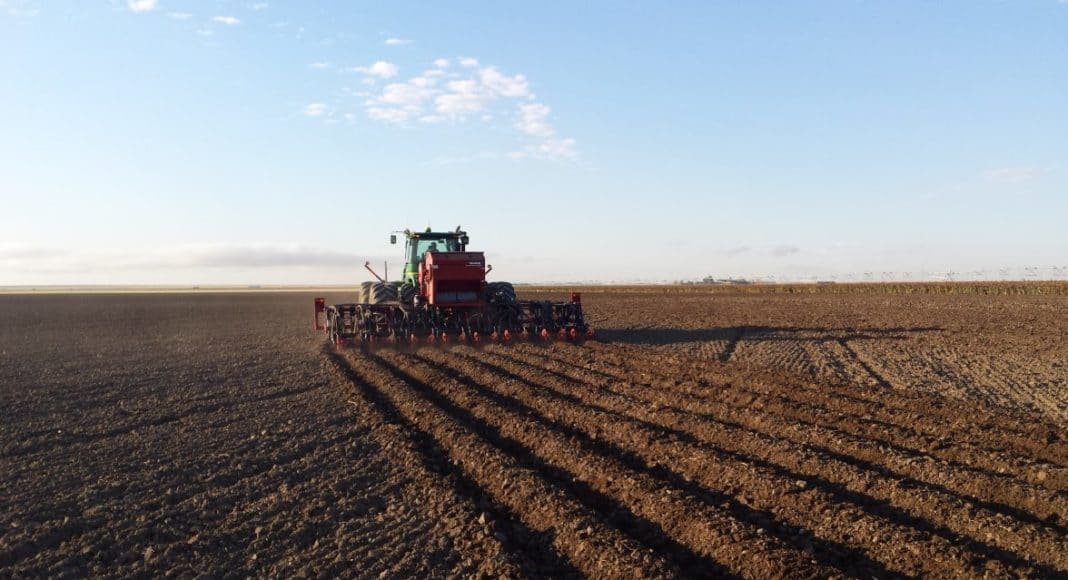A new research project at Alberta’s Lethbridge College is looking into sustainable fall bedding practices for potato production, a May 19 news release said. Rezvan Karimi, research scientist in the Mueller Irrigation Group, is heading the three-year, $446,500 project which is funded by Results Driven Agriculture Research (RDAR).
The release noted traditionally potato growers prep their potato beds in late fall for the following spring. And while the process has its benefits, it also creates concerns, including loss of soil fertility, crop nutrient availability and an increase in greenhouse gas emissions.
“When producers prepare to bed in the fall and apply fertilizer, there is a big lag time between nutrient application and crop uptake,” Karimi said in the release. “During the winter, we have soil erosion, especially in the Lethbridge area where we have strong chinook winds, which blow off the topsoil and the fertilizer, so that will decrease the nutrient use efficiency. We also see nutrient loss through nitrous oxide emissions from the soil.”
The project will see Karimi’s team test three different bedding formations including a traditional fall bedding, a spring bedding after having winter cover crop and a spring bedding with no winter cover crop. Each will be tested to see the yield effect, soil nutrient levels and nitrous oxide emissions, the release said. The testing will take place at Lethbridge College’s irrigation research and demonstration farm.
“Regenerative agriculture practices have the potential to help Alberta potato producers increase their yields, and nutrient use efficiency while decreasing GHG emissions,” Clinton Dobson, RDAR research director, said in the release.
The release noted as nitrous oxide emissions are directly tied to the moisture level of the soil, the study will also look at irrigation levels, with an aim to maximize available nutrients for crops while reducing emissions.
“Some farmers over-apply irrigation, adding more water than is needed for the crop,” Karimi said. “We already know irrigated agriculture increases nitrous oxide emissions due to increases in soil moisture availability and decrease of aeration, so we will test how just a 20 per cent over-apply of irrigation or a 20 per cent under-apply of irrigation than the optimal amount needed will affect the emissions.”
Related Articles
The Do’s and Don’ts of Irrigating Your Potato Crops
The Regenerative Ag Debate for Growing Potatoes, is it Possible?
Lethbridge College Receives Funds to Map Irrigation Watering











